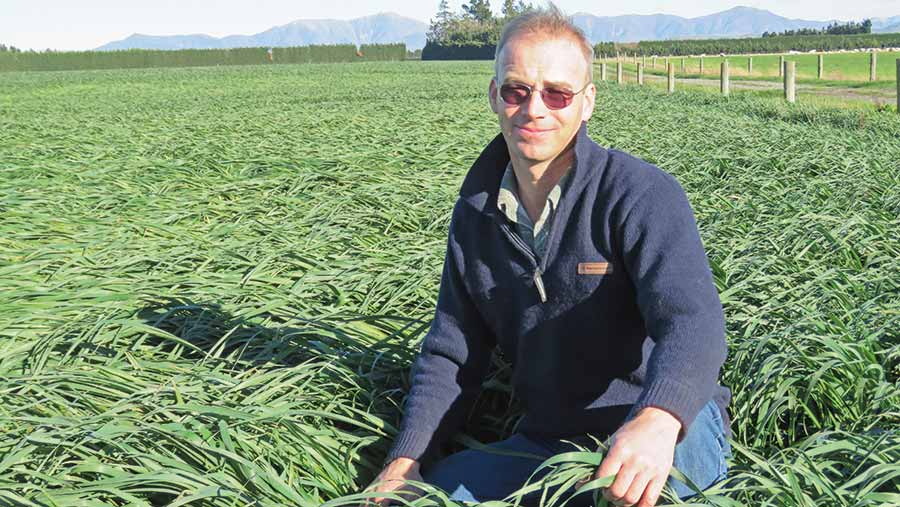Farmer Focus: Methane rules will hit NZ farm profits
 © Andrew Swallow
© Andrew Swallow We are having a very kind winter (so far), with frosty mornings, clear mild days and little rain.
Lamb growth rates on kale and oats, feed utilisation and autumn wheat establishments are very good.
While we are mindful that it is best to “have winter time in winter time” to recharge the aquifers, the ease of the winter should make one feel cheerful and contented to be a food producer.
But there are black clouds on the near horizon, in the form of an onslaught of new government legislation that will make farming more regulated and difficult.
Coupled with that – and possibly driving it – is a gathering pace of anti-farming public sentiment, ranging from mild to nasty and downright loopy.
See also: The best way to manage stubbles after harvest
This week there are proposals to address climate change with recommendations that gross methane emissions be reduced by 10% by 2030 and 22-47% by 2050 in a drive to make the New Zealand economy carbon zero.
This rationale ignores the latest research showing that as a short-lived gas, so long as stock numbers are static, methane emission and decomposition remain in balance and the result is no additional warming.
This proposed legislation and an inclusion of agricultural gases in an Emissions Trading Scheme will affect both the production capacity and profitability of NZ farms.
In my view, the fixation on methane is a dangerous distraction and diversion from the much more serious issue of how on Earth we might eliminate carbon-based energy from our society in the next 31 years.
Myriad other proposals around water and the environment have farmers nervous.
I am reminded of a comment I heard on our recent study trip to Oregon, where one of the academics recalled that she had completed a doctorate in environment studies with an ambition to save the world – and had realised a few years after graduation that if she worked in agricultural research and extension she could actually make a measurable difference.
Science will always provide the solutions that emotion cannot.
David Clark runs a 463ha fully irrigated mixed farm with his wife Jayne at Valetta, on the Canterbury Plains of New Zealand’s South Island. He grows 400ha of cereals, pulses, forage and vegetable seed crops, runs 1,000 Romney breeding ewes and finishes 8,000 lambs annually.

